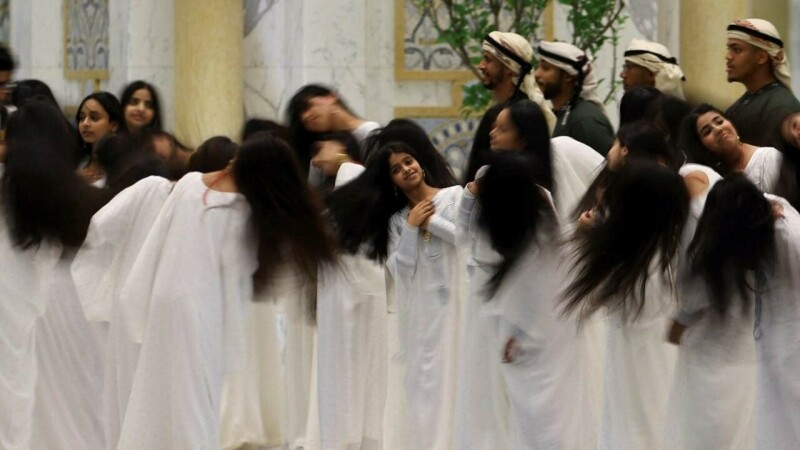Zara Shahjahan feels uneasy celebrating Shah Rukh Khan and Diljit Dosanjh at the Met Gala
As Shah Rukh Khan, almost every young Pakistani’s childhood hero, and Diljit Dosanjh, everyone’s favourite Punjabi singer, just made their much-awaited Met Gala debuts, most Pakistanis are conflicted about celebrating the win for South Asia and these celebrities. Designer Zara Shahjahan gave voice to this internal conflict in a series of bittersweet Instagram stories.
As Pakistani artists, content creators, athletes, media personalities, TV channels and several social media handles continue to face a digital blackout in India, the question arises: should we celebrate our favourite Indian stars as they bask in global recognition, or sit in uneasy silence?
Watching Khan and Dosanjh walk the Met Gala red carpet, she reflected on how complicated it feels to hold back joy in such polarising times.
“Last night, two of our stars lit up the Met Gala,” she wrote. “Shah Rukh — the dream we grew up with. Diljit — the beat we now move to.”

But even in this shared moment of South Asian pride, Shahjahan pointed out how joy feels out of reach. “When the world opens its doors to the subcontinent and our artists walk global stages — we are not allowed to clap. Our hands are tied by suspicion, our joy swallowed by silence.”
She expressed the pain of growing up idolising someone “who may never be allowed to love you back. And to dance to their songs, weep with their films, and now — to see them step into the world’s spotlight and feel like strangers watching from across a wall.”

Shahjahan stressed that Pakistanis are not withholding praise out of choice. Many are eager to cheer on their lifelong icons and acknowledge that political blocks do not reflect the sentiments of all Indians, especially Indian creatives.
But the reluctance, she noted, stems from being made invisible. “For days now, Pakistani voices have been blocked, muted, and erased — not just critics, but creators, artists and humans. So celebrating feels uneasy. Because when you are treated like the enemy, joy becomes a rebellion. And when you are erased, even clapping feels like trespassing.”

She described the painful paradox — feeling pride, yet ashamed of it; feeling hurt, yet trying not to hate those we once called ours. “We speak the same language. We feel the same joy. Yet we’re told: this joy is not yours.”

Still, she ended her note with hope: “Someday, this will pass. That art will outlive hatred. That the same hands that build walls will one day tear them down. That we will not always be made to choose between love and country. Until then, we watch. Quietly. With broken hearts. And stubborn hope.”












Comments